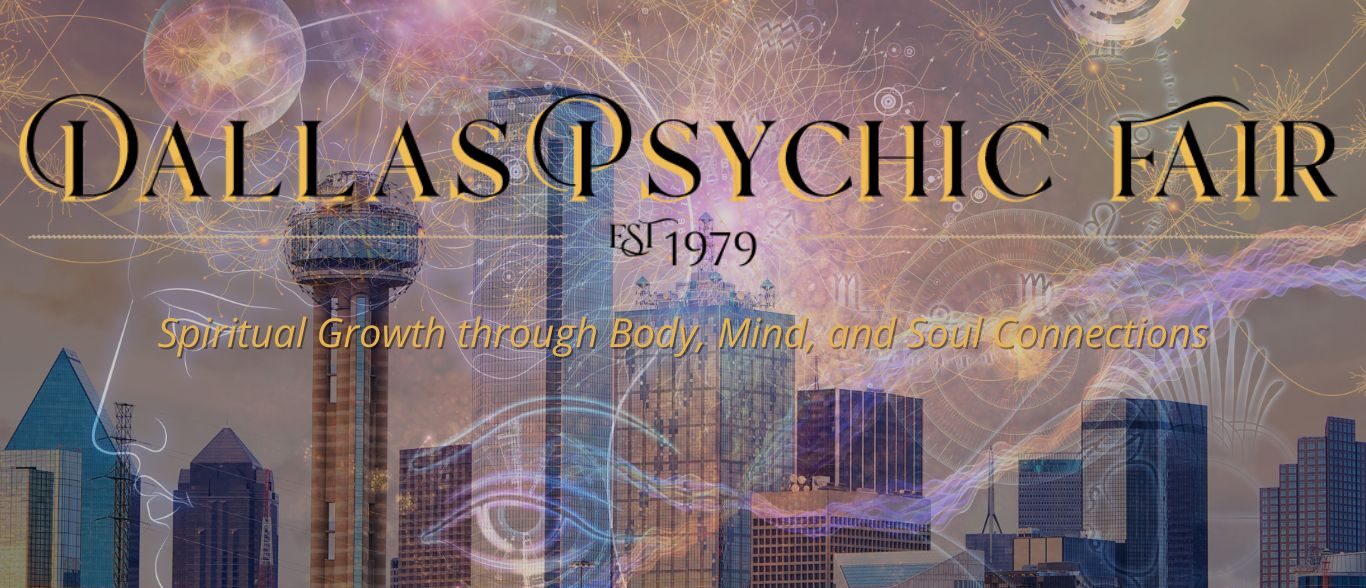The connection between our feelings and thoughts is a theme that has presented itself repeatedly in my life lately. I recently was invited to observe my feelings and let go of any judgments around them for an entire day. The idea was to just acknowledge the feelings, resist the need to judge them for the first day and then look back over the experience throughout the next day. It didn’t take long for hidden treasure to reveal itself on that second day. What I saw was the feelings themselves were not the source of my pain and discomfort, rather the judgments I held about them. You know what I mean, “I shouldn’t feel this way.” “He shouldn’t have done that.” “That shouldn’t be how it is.” On and on, a lifetime of “shoulding” all over my feelings was the cause for my suffering. In the moment I got it, I realized the sorrow I had felt at the passing of a precious pet was not as painful as I had perceived it at the time. It was the judgment attached to the feeling. Questions in my head about whether I had been a good pet parent, memories about times I had been too tired to play, etc. That distinction released the pain and gave me a space to experience the sorrow as a gift because it reminded me of the love we had shared during our journey together. Like the power of a rainbow tourmaline, sorrow transformed to joy and my vibration lightened. This doesn’t mean that sadness or disappointment goes away, it just means that I am no longer bound by what I see as “bad” about the experience having release the judgment around it.
Another encounter which has raised my understanding came in the form of feeling competitive. Nothing wrong with a little healthy competition, right? My entire life I have wanted nothing more than to be helpful and part of “the team” but I have encountered one form or another of professional jealousy wherever I’ve gone. Not with everyone, of course, and not in every situation, but often enough for me to see a pattern.
We know that we cannot change others and so when we find ourselves in the same situation repeatedly, we have to look at ourselves as the common denominator. I have worked on this issue with various healers and made great progress, but it came up again for me in a recent situation and this time I was aware of my own urge to compete rather than sensing the feeling in the other person. Drawing on what I had learned about feelings free from judgment, I decided to just “be” with it. I thought, “Ok, I feel competitive in this situation.” As I allowed myself to be immersed in the emotion, a memory came to me. It wasn’t a memory from my current life experience, but one from a recurring childhood dream. I had acknowledged it many years ago as a past life memory and I could see now how that particular life had created this frequency of competition. In that lifetime, competition was my means of survival. My ego deemed competition as something necessary for survival and therefore from a place of ultimate fear. I released myself from the fear and the need to compete, then I downloaded myself with safety, a belief in enough, etc. These were things that had been downloaded for me previously, but with the belief in my energy system that competition and winning was vital to survival, the downloads would not stick. In that prior lifetime there were only two results. If I didn’t win, then I lost.
This opened understanding for me of another energetic belief that needed to be cleared. Maybe some of you can relate. Have you ever noticed yourself thinking that you’ll never have something you desire at the moment you see it in someone else’s life? Ever wonder why this thought would surface? The very fact that another is capable of having a fabulous job, loving partner, comfortable home, etc. is proof that you can too. It’s a twisted form of an old struggle for competition that would allow us to think that if someone else is winning, we will naturally have to lose.
The idea of competition and how it drives our society was the next thing to come up for me. When we consider all the past lives of all the souls on this planet, how they were all driven for a need to survive in one way or another, is it any wonder that competition is so fierce? How many of us were slaves, prostitutes, gladiators, or just poor merchants on dirty street corners centuries ago? Even the wealthy were driven to compete for lands and noble families competed for the best mergers through marriage. In modern days if we’re not jockeying for the best lane on the highway, we’re screaming from our living room chair at the TV screen (hopefully larger than the neighbor’s) at a bunch of grown men running up and down a strip of grass with the compelling need to WIN. We are sitting on a mountain of DNA that is driven by the need to compete while faced with the reality that we are all ONE.
With awareness comes responsibility. I personally am excited for this new discovery in myself and understanding of our entire human family. I challenge you to join me in observing your feelings, free from judgment. When you do, you will not only find yourself free from the pain, but also open your consciousness to messages that will help you shift to higher frequencies and draw like experiences to you. The best thing we can do for the planet and each other is to be the best version of ourselves. Let’s begin now.
Blessings & Light,
Sherry





You must be logged in to post a comment.